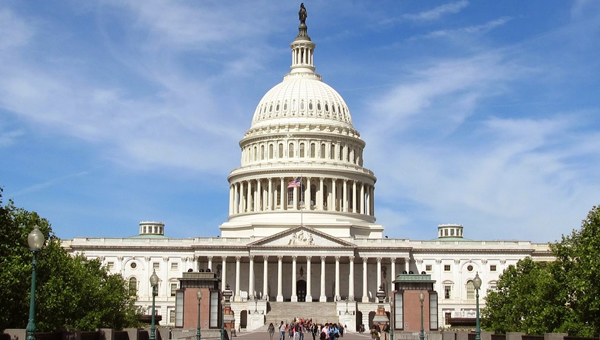The N.C. Nursery and Landscape Association has joined a multi-state coalition assembled by the Georgia Fruit and Vegetable Growers Association (GFVGA) and N.C. Sweetpotato Commission (NCSC) consisting of 27 additional agricultural organizations — including five states, two national organizations and a diverse range of crop producer associations and advocacy groups — to file a Freedom of Information Act (FOIA) request with the U.S. Department of Agriculture (USDA). The purpose of the request is to obtain detailed information about how the USDA calculates the Adverse Effect Wage Rate (AEWR), which determines minimum wages under the H-2A agricultural guest-worker program.
The coalition states that the USDA’s current AEWR methodology contributes to a self-compounding wage inflation cycle, undermining the economic viability of U.S. agriculture. This poses growing risks to national food security, increases American dependence on imported food and threatens the stability of rural communities across the country.
“The sustainability issues in the H-2A program, particularly those surrounding the AEWR calculation, have been a longtime source of concern for the nursery industry,” said Gary Whitehurst, NCNLA legislative committee chair. “Given the unknown nature of the calculation, many of our members question their very business models and long-term survival. The lack of transparency by the federal government on the method of calculation is especially troublesome. In order for our members and legislative representatives to quickly come to an equitable and long-term resolution, we need to understand the calculation. This issue has reached a tipping point that can only be described as an existential threat to agriculture businesses. As an industry, we strongly voice the need for action now without delay.”
Additionally, forthcoming research by Blake Brown, Ph.D., Hugh C. Kiger Professor Emeritus, N.C. State University, indicates that the AEWR calculations have deleterious consequences for farmers, consumers and American workers.
“The N.C. Nursery and Landscape Association strongly supports our members and fully supports this filing,” said Katie Bennett, executive vice president of the N.C. Nursery and Landscape Association. “Our active legislative committee is committed to creating a unified voice for our membership and advocating for fair and transparent wage processes for agricultural employers and their workers.”
Each participating organization is engaging its stakeholders and state congressional delegations to advocate for an accountable, fair and economically sustainable wage-setting process that promotes the sustainability and future of American agriculture, according to the association.
The coalition is encouraging organizations and stakeholders who are facing similar undue burdens from rapidly rising AEWR rates to consider sharing their experiences and concerns with local and state representatives.


